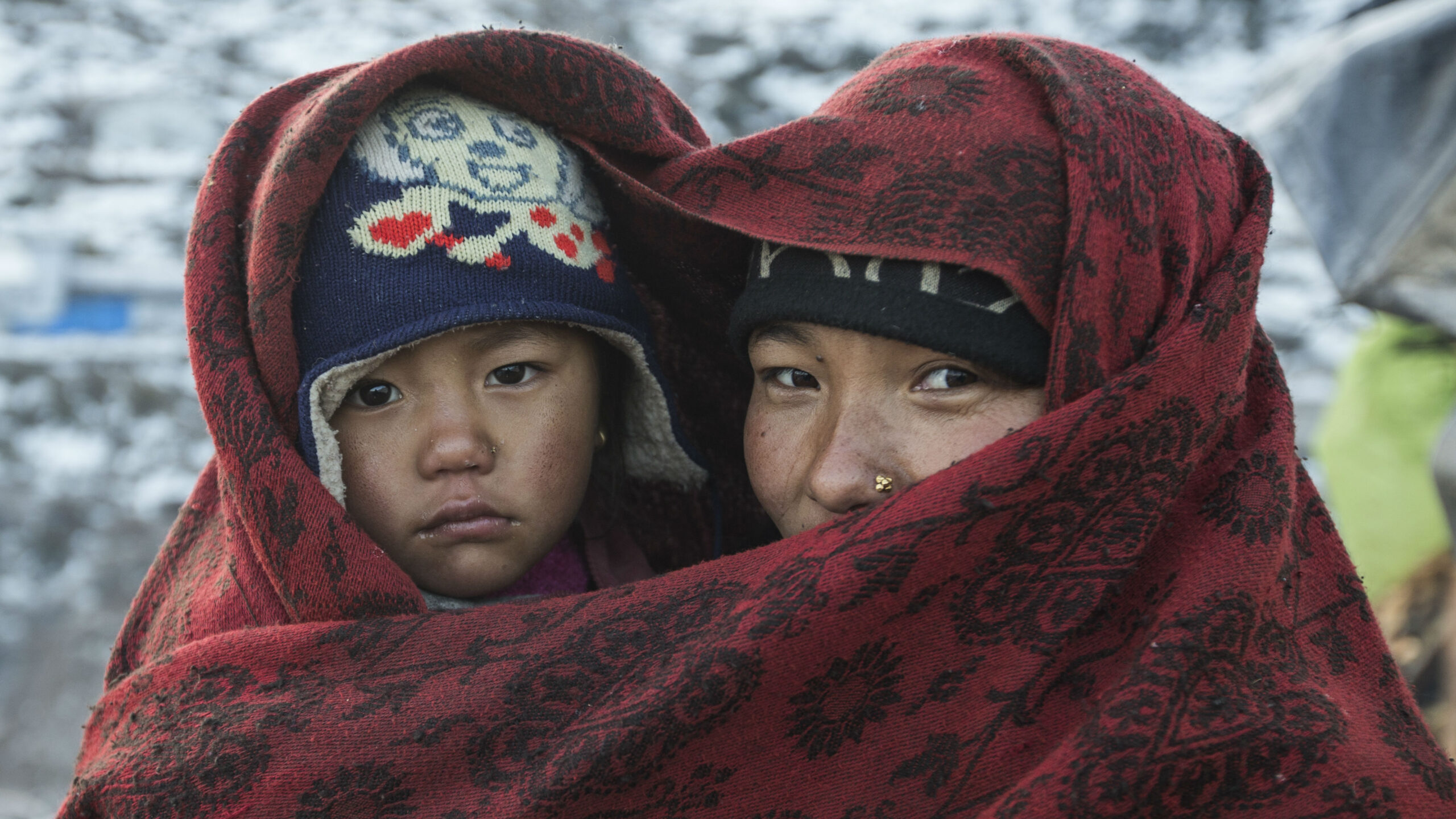It is one year since a devastating earthquake in Nepal killed 9,000 people – one third of them children.
Today, the country is recovering. We’ve seen babies being born, children going back to school and families building back their lives.
Thank you for your support.
Goodwill Ambassador Orlando Bloom talks about Nepal today:
Our schools programme
1.6 million school children are starting the new academic year in affected areas – many of them in temporary classrooms since 35,000 classrooms were destroyed.
“Tremendous amount of efforts were made to bring children back to school as soon as possible to minimize disruption of their education and exposure to risks of neglect, exploitation and violence,” said Tomoo Hozumi, UNICEF Representative to Nepal.
Shelter needs
The income lost in Nepal after the earthquake was equivalent to 36% of its GDP.
Of 188,900 people temporarily displaced by the disaster, 26,272 are still living in camps. 700,000 permanent earthquake-proof homes must be built as a matter of urgency. Failure to do could impact the education, health, nutrition and development of children.
Child trafficking
Children living in temporary shelters are more vulnerable to trafficking. This is a real fear for UNICEF.
Over the past year, police found 850 girls and boys they think were about to be trafficked, or endangered in some other way. Those who are not found could be destined for the labour market, or prostitution.
UNICEF has been working with the government to register unaccompanied children, and to give them the emergency support they need.
Our actions
UNICEF has built 3,576 temporary learning centres, and we have provided educational material for nearly 900,000 children.
We are providing psychosocial support for children, who are still traumatised by the terrifying events they have lived through.
We have vaccinated more than 500,000 children under the age of five against Measles-Rubella and Polio, and we screened some 400,000 more to assess their nutritional needs.
We provide shelter homes for pregnant women and new mothers.
We have given out nearly 900,000 hygiene kits to guard against disease.
We are working with 1.3 million people to improve their access to water.
Our plans
In the coming months, UNICEF will:
• Build 74 earthquake-resistant health centres with birthing units
• Build 800 schools
The country has a long road to recovery. UNICEF is staying put, working to help people continue to rebuild their lives… and apply the lessons learnt from this disaster to prepare them for any future disasters.


